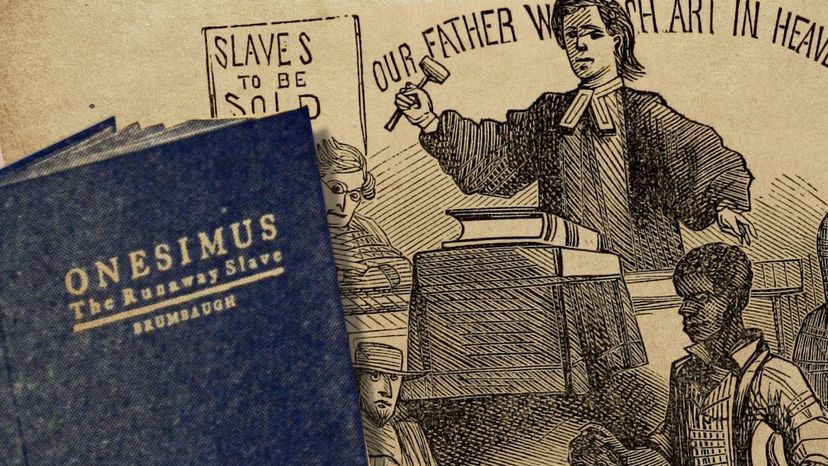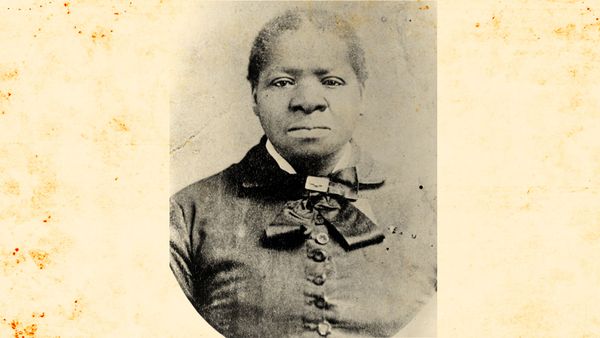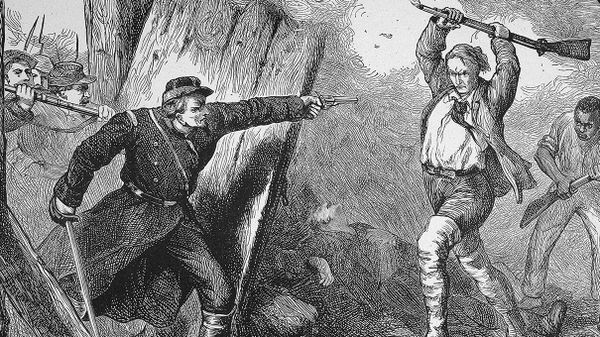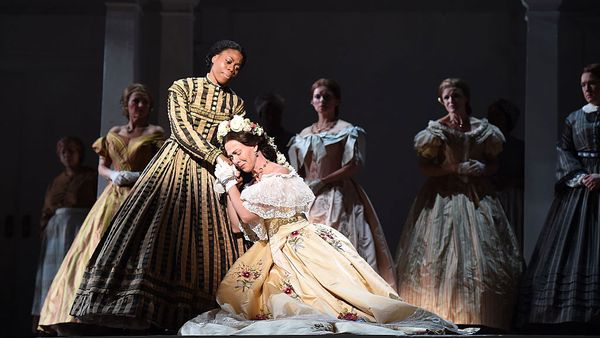Considering that, by the mid-19th century, slave labor and the slave trade itself were powerful economic engines in the American South, it's surprising that, 200 years before, Massachusetts was actually the first colony to give human slavery the moral and legal thumbs up, codifying the right to own human chattel in 1641. By the time Onesimus was purchased for the famous Puritan minister Cotton Mather in 1706, there were about 1,000 enslaved people living in Massachusetts — about a third of them living in Boston. Some of these people were indentured servants, and not all were of African descent — some were from Europe and some were indigenous native Americans. However, the turn of the 18th century saw the colonies putting more restrictions on people of color, and disproportionately binding them to slavery for life.
Nobody knows Onesimus's original name — Cotton Mather named him for a biblical slave who escaped his master, but who later converted to Christianity. He was probably born in West Africa and brought to the colonies on a ship in his youth, as Mather described him as "a young Man who is a Negro of a promising aspect of temper" in his diary the week his congregation presented Onesimus to him as a gift.
Cotton Mather was an important Bostonian — his father, Increase Mather, was the president of Harvard, a job that Cotton Mather later turned down because what he really wanted to do with his time was read and write. Mather was considered among the most educated people in the colonies, and he published upward of 400 books in his lifetime, on everything from piracy to plant hybridization. Mather was also a religious zealot — in the 1690s, he figured prominently in the Salem witch trials, earning himself the reputation of being extremely anti-witch.
Because Mather lived in the city and spent most of his time reading and writing, he was ostensibly not much in need of a laborer in his home — Onesimus's main jobs in the Mather household seem to have been clearing snow, stacking firewood, carrying water and doing little chores around the house. However, Mather was extremely interested in converting Onesimus to Christianity, and he wrote in his diary about teaching his slave to read and write so that he could better understand the Christian catechism.
Perhaps because Mather was so adamant about converting Onesimus to Christianity, the two seem to have chatted a lot.
"It was a relationship between an owner and someone who was owned, but we know a lot more about Onesimus than we do about other African Americans of the time because Cotton Mather's diary is very detailed," says Steven Niven, executive editor of the African American National Biography at Harvard's Hutchins Center for African and African American Research. "We know, for instance that he had a son who died. We know, too, that Onesimus wanted to buy his freedom from Mather, which we can assume he eventually did."



